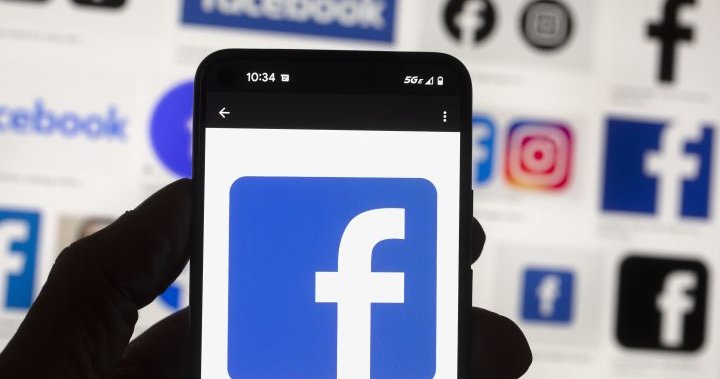With Manitoba wildfires continuing to grow, those affected and concerned citizens are anxiously seeking fast, up-to-the-minute information.
“There’s a tendency among folks that’s just natural to want to be in the know and to spread a piece of information that seems novel or seems important,” says Jared Wesley, political science professor at the University of Alberta, “but unless you are re-tweeting or reposting something directly from a government agency, you could become part of a misinformation campaign unintentionally”
During such emergencies, governing agencies as well as first responders choose direct forms of communication to send their message using phone alerts, door-to-door notices and social media.
But a dangerous side effect of this urgent need for news is the rapid spread of unverified and often false information online.
A recent incident in Flin Flon brings light to such instances, when Manitoba RCMP and town officials were forced to step in and publicly fact-check false claims circulating about the wellbeing of firefighters, adding an unnecessary burden during a critical time.

Get daily National news
Get the day’s top news, political, economic, and current affairs headlines, delivered to your inbox once a day.
“It stops everything that I am doing and it becomes a priority,” says Lori Forbes, the emergency coordinator for the R.M. of Kelsey, “There are many many people in Canada who have firefighters here in Manitoba and Saskatchewan that are working hard, putting their lives at risk and the last thing we need to do is upset families.”
She adds “It’s fake news, it’s mean, and I wish people would stay away from it.”
In recent times, some social media giants have reduced their fact-checking efforts.
“It’s also important to note that in the case of Meta; Facebook and Instagram”, Wesley says, “they’ve actually banned all of the legitimate news sources in a battle against federal government over taxation”
Given these complexities, Wesley and other officials stress that it is critical for social media users to track down the original source of information before sharing it on public platforms.
“After most natural disasters, there’s often a public inquiry into these kinds of things. And if the government turns out to be untrustworthy in those situations, voters have an opportunity to weigh in at the ballot box,” Wesley says
“But during the emergency itself, it’s crucial for folks to listen to governments directly and to take their news from reputable sources.”
© 2025 Global News, a division of Corus Entertainment Inc.
Read the full article here
